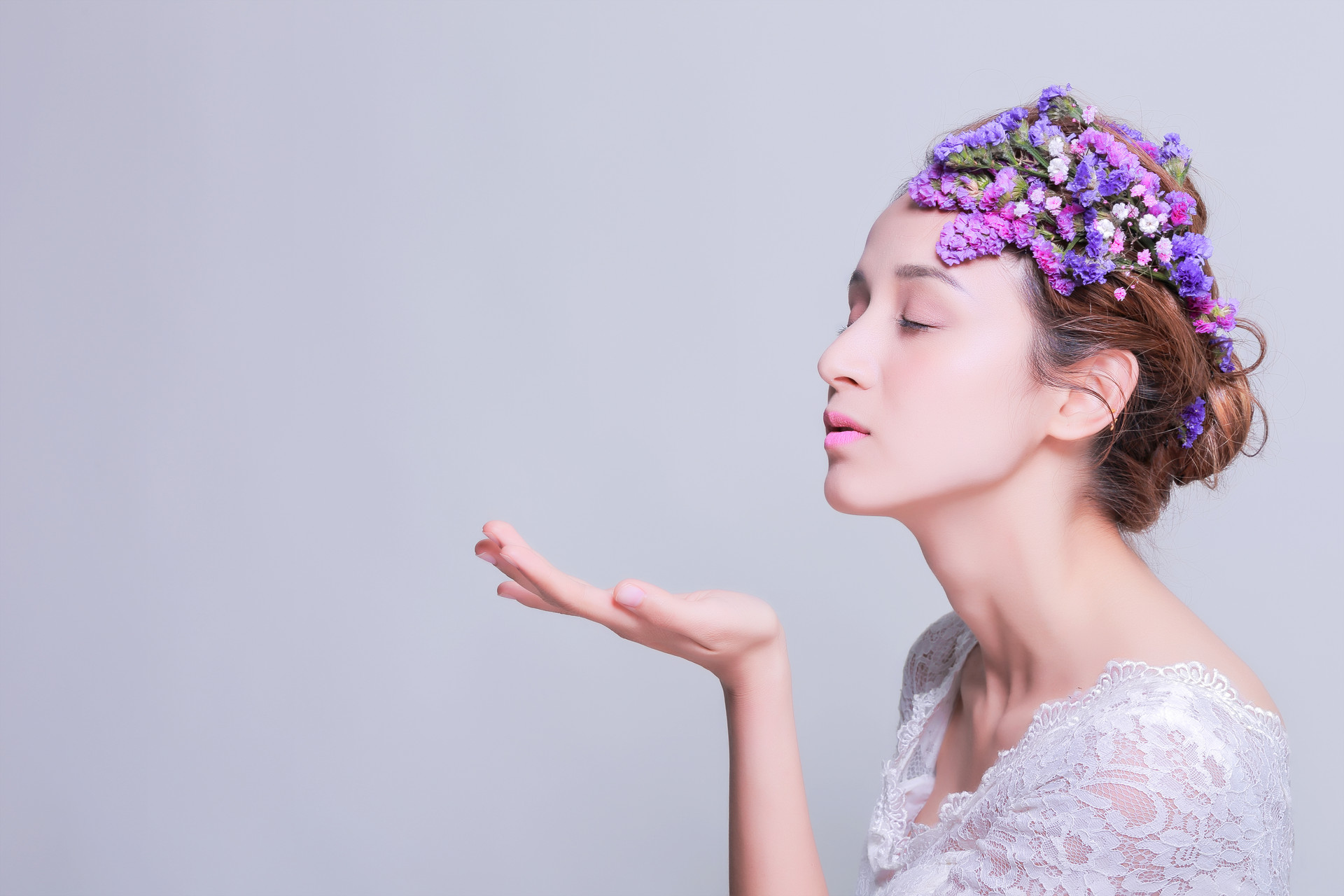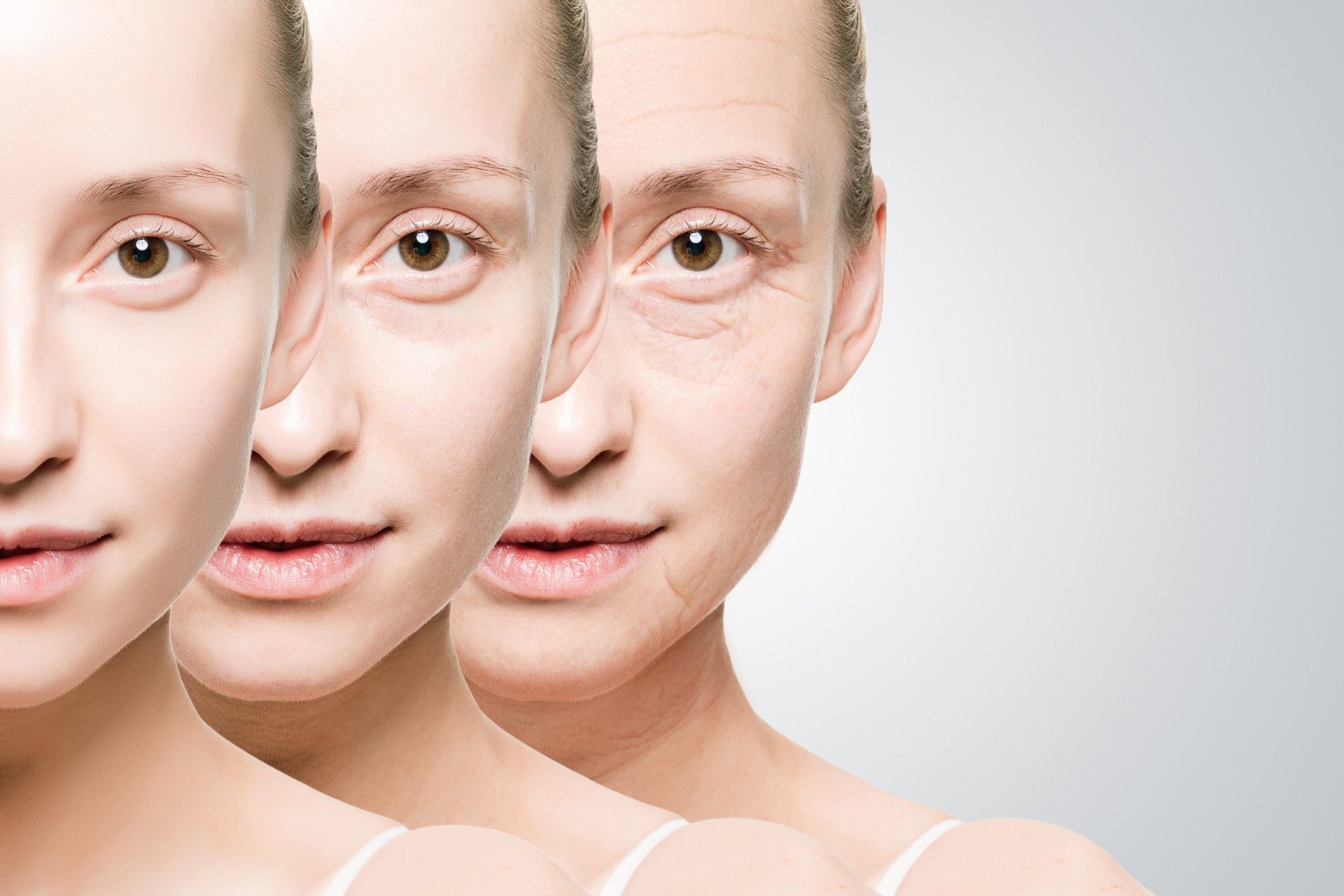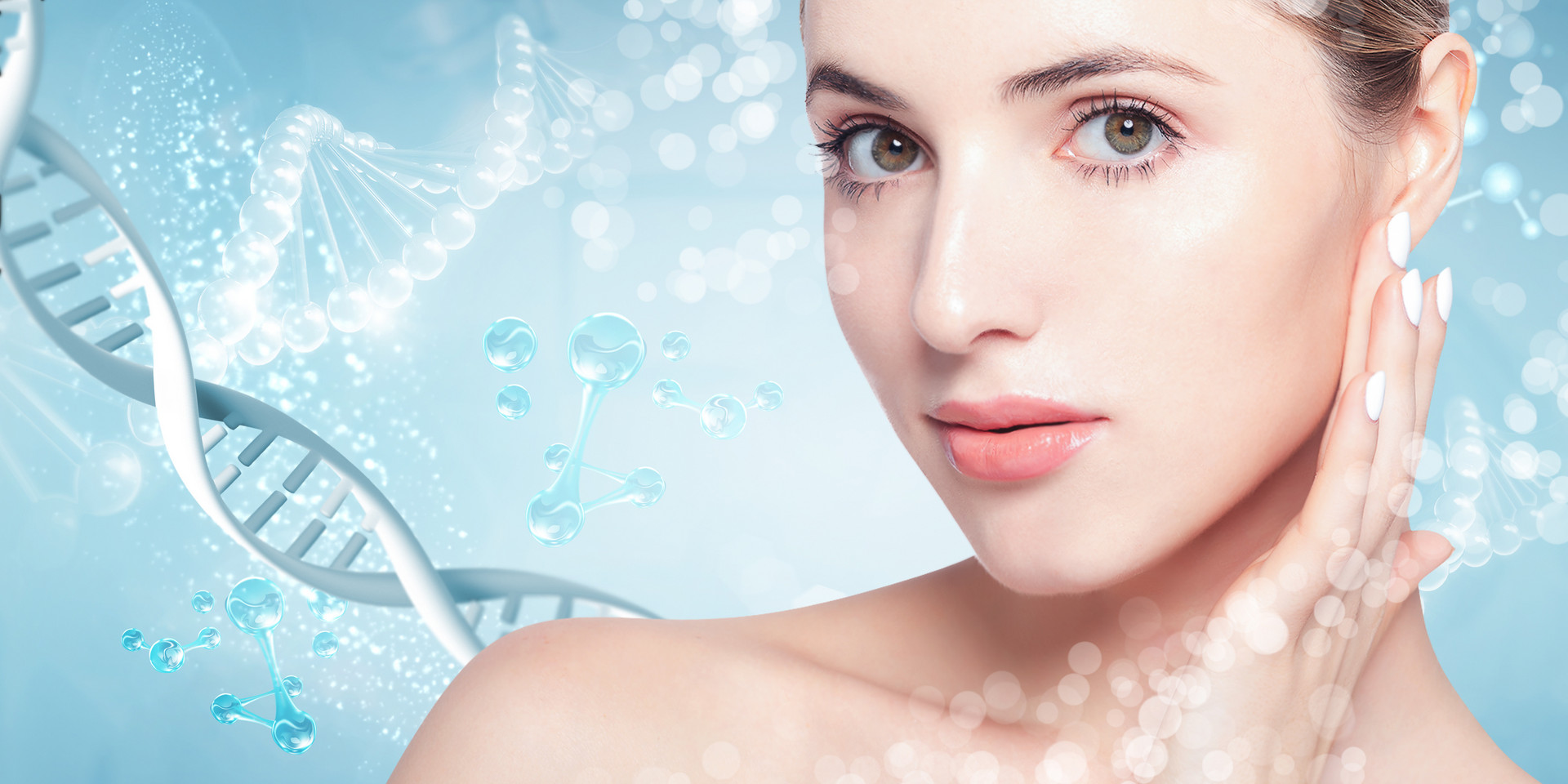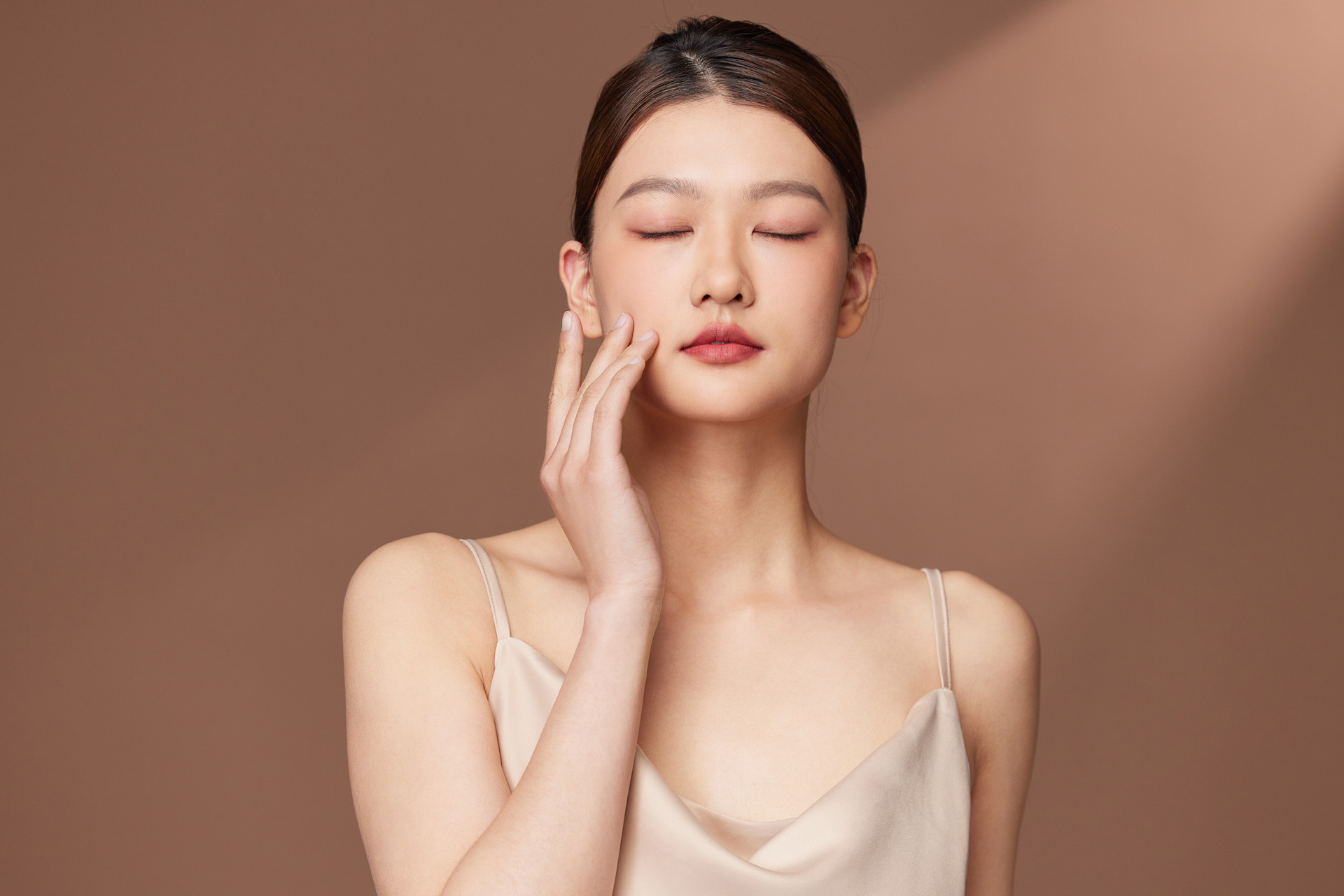In early autumn, you may notice a lot of scattered hair on your pillow, bed, and bathroom. When you look in the mirror, you may find that your hair is thinning, dull, and even split. Why does hair fall out so much in autumn? How can you protect your beautiful hair?
Hair Characteristics: Grow in Spring, Fall in Autumn
Generally speaking, humans have about 100,000 hairs on their heads. Hair grows at a rate of about 14-16cm per year, with an average daily growth of 0.35mm, monthly growth of 1-2cm, and a lifespan of 2-6 years per hair. Hair quality varies among different races, and can roughly be categorized as thick, coarse, sparse, or soft, as well as dry, oily, or normal.
Just as humans go through stages of growth, maturity, and aging, hair also has its own life cycle, consisting of a growth phase, regression phase, and resting phase. Hair growth rate varies with age, with the fastest growth occurring between the ages of 15 and 30, and women generally have faster hair growth than men.
There are also seasonal differences in hair growth. In March, during the warm spring season when the yang energy rises, hair growth reaches its peak. In September, as the autumn wind blows and yang energy declines, hair growth slows down. In late summer and early autumn, a large proportion of hair follicles are in the resting phase, which is why hair loss is more severe in autumn.
"Just as leaves fall in the wind," hair shedding is a process of new hair replacing old hair. The normal shedding of hair indicates that it has become "old." Just like trees shedding leaves in autumn, it is natural for hair to fall out. If a person loses 50-100 hairs per day and they are replaced by new ones, especially if the fallen hairs have the same thickness at the roots and ends, with a small white bulb at the base, it indicates healthy hair loss and is a normal phenomenon. If hair loss exceeds 200 hairs per day, it is advisable to seek medical attention.
Eastern and Western Hair Care: Different Approaches
In traditional Chinese medicine, it is believed that "the kidneys are the foundation of one's essence," and "hair is its splendor." Individuals with robust kidney energy tend to have dark, thick, and shiny hair, while those with insufficient kidney energy may experience hair loss, dryness, and greying. In fact, this reflects the state of one's kidney essence.
Hair growth and shedding are closely related to the body's Qi and blood. Hair loss in the elderly is often due to insufficient Qi and blood, as well as kidney essence depletion, which is a natural process of aging. Hair loss in young people may be a sign of kidney and blood deficiency.
In Western medicine, excessive sweating during summer results in significant loss of body fluids. In autumn, the dry climate leads to insufficient moisture replenishment for the hair, causing decreased sebum secretion and resulting in dry, dull hair that falls out. Additionally, factors such as high work pressure, lack of sleep, nutritional deficiencies, anemia, hormonal imbalances, and external trauma can also cause hair loss in autumn.
Furthermore, exposure to strong ultraviolet radiation in summer, frequent shampooing, late nights, and improper hair care methods can also contribute to hair loss in autumn.
Scientific Hair Care: Maintain a Proper Schedule
Many individuals with hair loss often have irregular eating habits, skipping meals when busy and overeating when free. This not only burdens the body but also hampers hair growth. Therefore, experts point out that adopting a scientific hair care routine requires developing healthy lifestyle habits. It is important to eat more foods that promote hair growth, have regular and moderate meals, and ensure sufficient sleep. Avoid spicy foods, smoking, and excessive alcohol consumption. Factors such as excessive fatigue, insomnia, and excessive mental strain can all have adverse effects on the hair.
Throughout history, health experts have advocated for a balanced and healthy diet, emphasizing the importance of "grains for nourishment and fruits for replenishment." This means that the human body needs to consume at least 300 grams of staple foods and fruits and vegetables every day. However, many young people are consuming less and less staple foods, leading to insufficient intake and deficiencies in Qi and kidney energy. This poses certain risks to their health.
In addition, consuming various animal livers, milk, fish, peanuts, bananas, eggs, beans, wolfberries, kelp, seaweed, polygonum multiflorum, yam, as well as fresh vegetables and fruits such as tomatoes, potatoes, and spinach, can promote hair growth and nourishment. Traditional Chinese medicine recommends consuming foods that nourish blood and kidneys to promote hair growth and health, such as walnuts, black sesame seeds, black beans, jujubes, and black fungus. These foods are rich in protein and trace elements necessary for hair growth and beauty.
The condition of our hair is also related to our emotional state. When we are in a good mood, our hair tends to be healthier. Mental depression and anxiety can lead to hair loss. Engaging in activities such as deep breathing exercises, walking, and physical exercise can help relieve mental fatigue and promote hair care.
Maintaining Beautiful Hair: Using the Right Methods
Many women often use hair dryers and frequently dye or perm their hair. Additionally, many women do not know how to choose the right shampoo. So, what is the best way to care for our hair?
Experts suggest that when using a hair dryer, the temperature should not be too high, as the high heat can damage the hair. It is best to let the hair dry naturally. Avoid frequent hair dyeing and perming to prevent damage to the hair's health, with ionic perming causing the most harm. Generally, perming the hair once every six months is more appropriate.
Hair can be dry, normal, or oily, and it is important to choose the appropriate shampoo based on your hair type. Experts recommend using shampoos in autumn and winter that contain moisturizing ingredients such as amino acids. If the hair is already dry and yellowing, it is best to use herbal shampoos with Chinese herbal extracts. If the hair ends are split or fragile and prone to breakage, it is recommended to use special or deep repair shampoos and conditioners. Avoid using alkaline shampoos and do not use the same shampoo for a long period of time. When shampooing, do not rub vigorously or scratch with your nails. Also, avoid exposure to sunlight and direct blowing from air conditioning, and moisturize appropriately. Avoid spraying perfume directly on the hair. Regularly engage in scalp care to promote blood circulation.
With the autumn wind blowing, in order to have beautiful, shiny hair, you must choose the right hair care methods based on your individual needs.






